If you’ve ever stood under a cold shower because the water heater acted up, you know how frustrating it can be. The good news? Most water‑heater problems are preventable with a few simple habits. Below you’ll find down‑to‑earth advice that helps you spot issues early, do safe DIY checks, and know exactly when to call in a pro.
First, grab a flashlight and look at the heater’s exterior. Is there any rust, corrosion, or leaking around the valve? A tiny drip can turn into a flood if you ignore it. Next, feel the temperature of the water coming out of the tap. If it’s consistently lukewarm, the thermostat might be set too low or the heating element could be failing.
Most electric water heaters have a reset button on the top or side. When the heater trips, it’s usually because it overheated. Press the reset, then wait a few minutes to see if hot water returns. If the heater keeps resetting, you’re likely dealing with a more serious fault such as a broken heating element or a faulty thermostat. Don’t keep hitting the reset – that can worsen the problem.
Another quick test is the pressure‑relief valve. Lift the lever a little; you should hear a short hiss of water escaping. If water keeps flowing or you hear a loud rush, the valve is stuck and needs replacement.
Finally, give the tank a quick flush once a year. Over time, sediment builds up at the bottom, making the heater work harder and shortening its lifespan. Turn off the power or gas, attach a garden hose to the drain valve, and let the water run until it’s clear. It’s messy, but it adds years to your unit.
If you’ve tried the reset, checked for leaks, and flushed the tank but hot water is still missing, it’s time to call a qualified technician. Issues like a cracked tank, electrical faults, or gas‑line problems are not safe for DIY fixes. A certified engineer can test the heating elements, replace a faulty thermostat, and ensure everything meets safety regulations.
Another sign you need a pro is a strange smell. A rotten‑egg odor means a gas leak, while a metallic smell often points to a failing anode rod, which protects the tank from corrosion. Both situations require expert attention.
Lastly, keep an eye on the age of your unit. Most water heaters last 8‑12 years. If yours is older and you’re already dealing with frequent repairs, replacing it might be cheaper in the long run. A new, energy‑efficient model can lower your bills and give you reliable hot water for years.
In short, a little regular upkeep – checking for leaks, resetting the safety button, flushing sediment, and watching for odd smells – goes a long way. When the problem feels beyond a quick fix, don’t gamble with safety; let a professional handle the heavy lifting. Your hot water will thank you, and you’ll avoid surprise repair costs down the line.
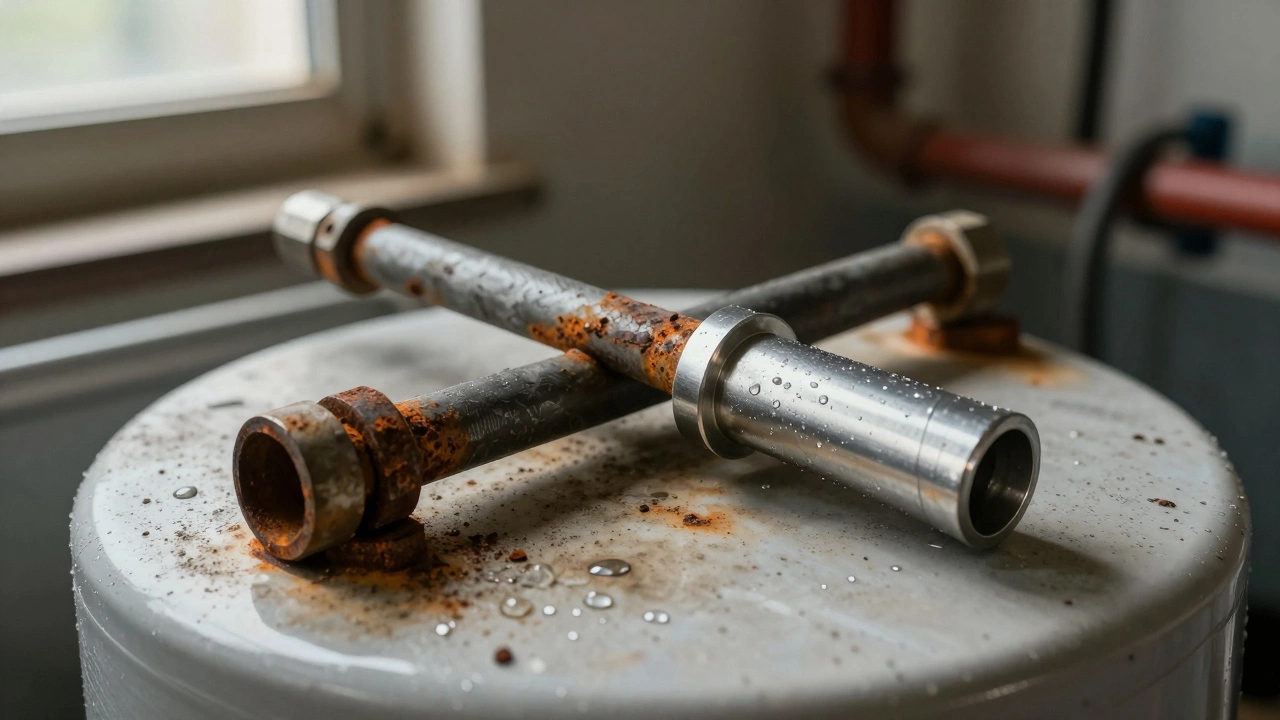
Replace your water heater's anode rod every 1-2 years in hard water areas to prevent tank corrosion. A simple £20 part can save you hundreds in repairs.
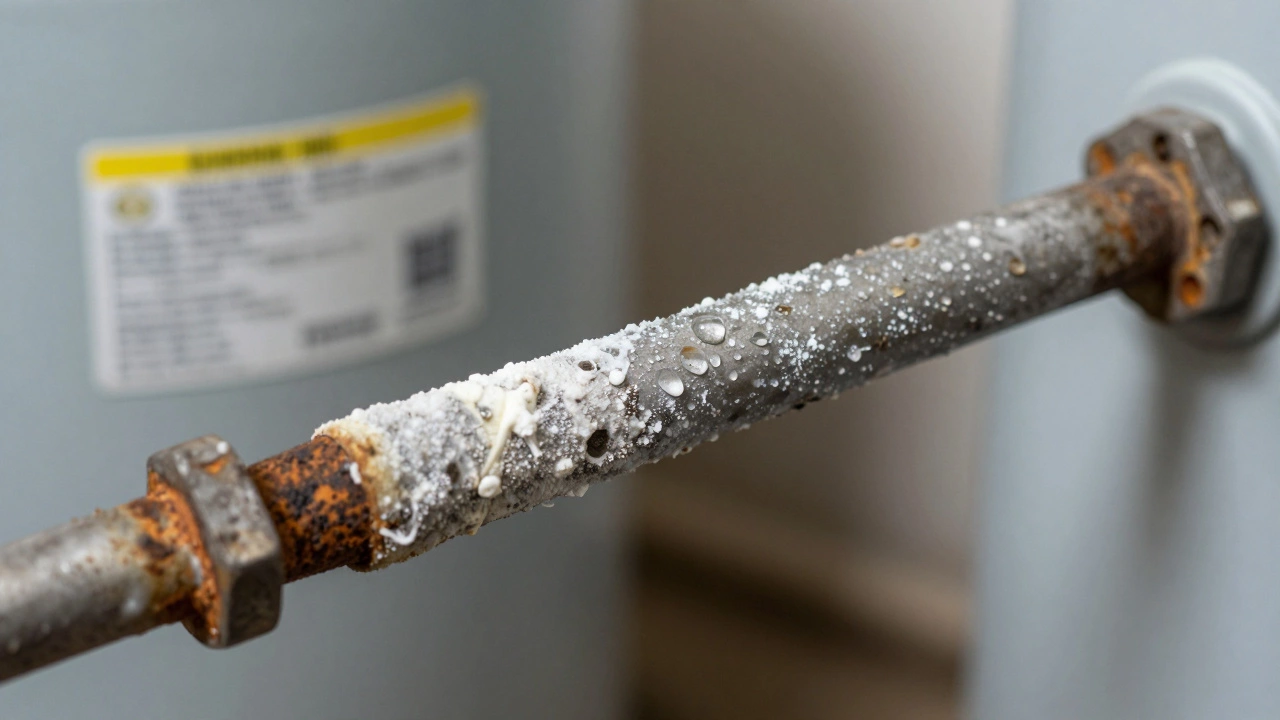
Water heaters commonly fail due to anode rod corrosion, heating element burnout, thermostat issues, and tank rust. Learn the top 5 causes and how to prevent them before you're left with no hot water.

Learn fast DIY steps to diagnose and fix a non‑working water heater, plus safety tips, maintenance advice, and when to call a professional.
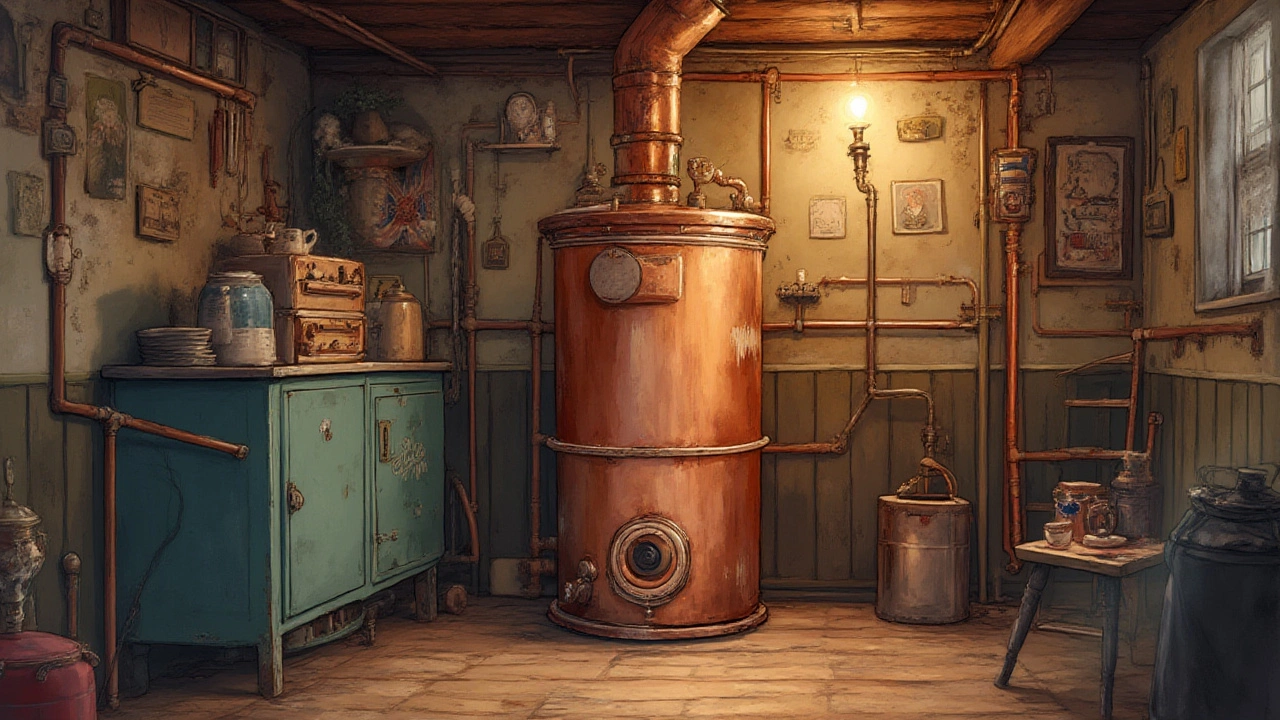
Is it possible for a hot water heater to last 30 years? Here’s a detailed look at what determines water heater longevity, what rare cases look like, and how you can extend your heater’s life with smart habits.

Learn how often to flush your water heater, why it matters, signs it's time, mistakes to avoid, and simple steps to, maintain hot water at home.

Wondering if you can flush your water heater yourself? Learn the step-by-step process, tools you'll need, and expert tips to extend your water heater's life.

Water heaters don't last forever, so it’s important to know how long yours might stick around. Generally, these devices are built to last about 8 to 12 years, but several factors can influence their longevity. By understanding signs of wear, maintenance tricks, and when it's time to say goodbye to your old model, you can ensure hot showers won't become a thing of the past. Let's break down everything you need to know about your water heater's lifespan.
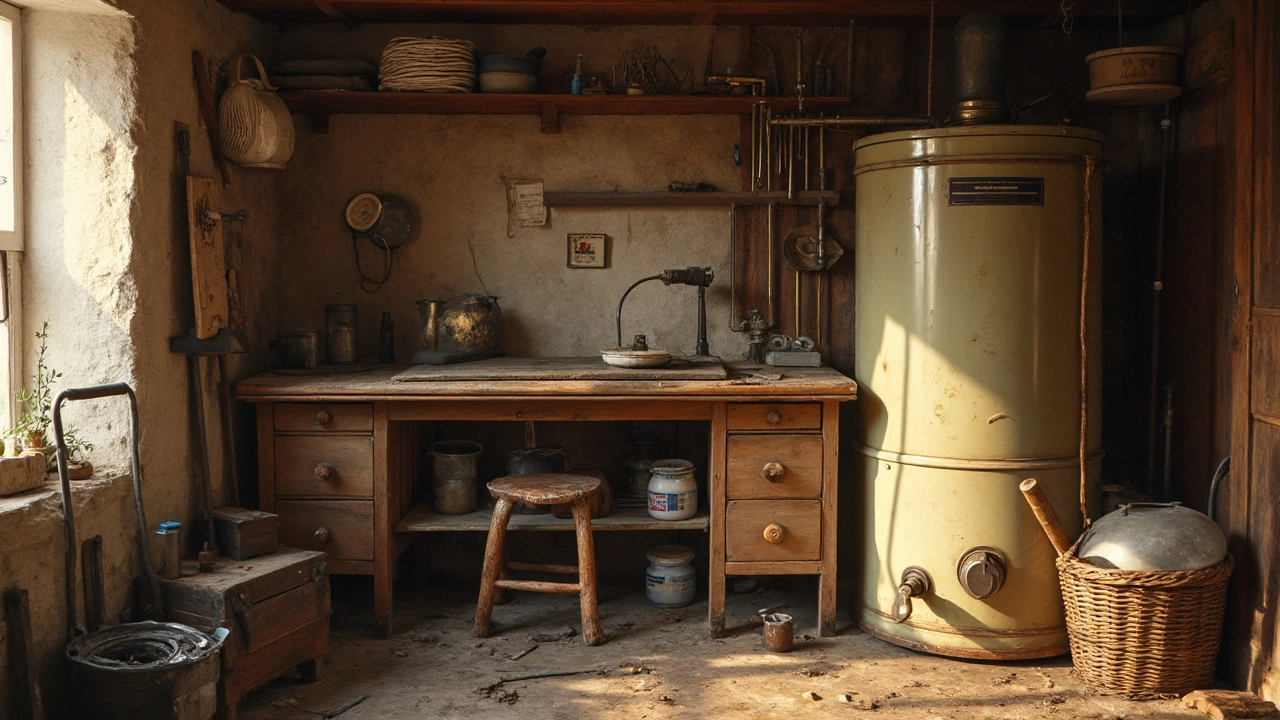
Wondering how long your water heater should last? This article dives into the expected lifespan of various types of water heaters, factors impacting their longevity, and signs it might be time for a replacement. With practical tips on maintenance, you can extend the life of your heater and avoid breakdowns. Learn what to watch out for to ensure you have hot water when you need it, without unexpected surprises.

Replacing the anode rod in a water heater can extend its lifespan and prevent costly repairs. This article breaks down the cost of replacement, including materials and labor, and discusses why it's a crucial part of water heater maintenance. Discover how often anode rods should be checked and what signs indicate it's time for a replacement. Whether you DIY or hire a pro, understanding these factors can save you money and stress.

Deciding whether to repair or replace your hot water heater can feel overwhelming. This article explores practical considerations, including the age of the unit, repair costs, and long-term benefits. By understanding essential factors like energy efficiency and potential savings, homeowners can make informed decisions. Discover useful tips and interesting facts to help you choose the best course of action for your specific situation.

Flushing your water heater is an essential maintenance task that can extend its lifespan and improve efficiency. As water heaters age, sediment and minerals build up, potentially leading to costly repairs or irreparable damage. Learn how often you should flush a ten-year-old water heater and whether it's worth considering professional help. Discover practical tips and insights for maintaining this critical home appliance effectively.

Water heaters are essential fixtures in homes, providing warm water for daily needs. Understanding their lifespan can help homeowners plan for replacements and avoid unexpected cold showers. Depending on the type and maintenance, a water heater can typically last between 8 to 12 years. Regular inspections and upkeep can potentially add years to a water heater's lifespan.
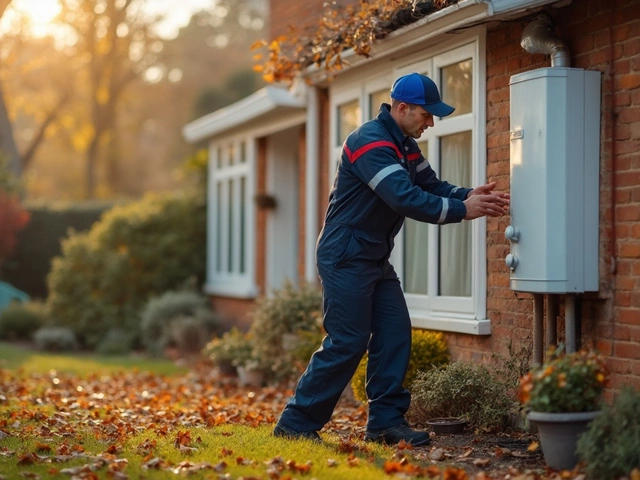
Replacing a boiler can seem like a daunting task, but knowing what to expect can make the process easier. Typically, boiler replacement involves several steps including removing the old unit, choosing the right size and type for your home, and ensuring proper installation. Skilled professionals often make the experience smoother by handling the technical aspects and minimizing disruption. Preparation and understanding of the process can help homeowners tackle this job with confidence.

Stuck with a broken extractor fan and not sure what to do next? This article gives you practical ideas for improving air flow in your kitchen or bathroom when the fan is out of action. Learn about effective ways to keep humidity, smells, and condensation under control using simple tools and habits. Discover the pros and cons of each alternative solution so you can pick what fits your place best. Skip the stress and get the facts on dealing with bad ventilation the easy way.

Got an appliance that isn’t working right? The way you describe it can make or break your service experience. This article breaks down how to explain what’s wrong with your appliance, what details really matter, and how to avoid confusion. Learn which features, model numbers, and problem signs technicians care about. Save time and frustration on your next repair call.

Curious if you can fix your dishwasher without calling a pro? This article breaks down the most common dishwasher problems and explains which repairs you can actually do yourself. We’ll cover how complicated these appliances really are, how to figure out what’s wrong, the tools you’ll need, and which jobs might leave you better off calling an expert. Get practical tips, interesting facts, and a clear picture of what you’re actually signing up for before grabbing that toolbox.
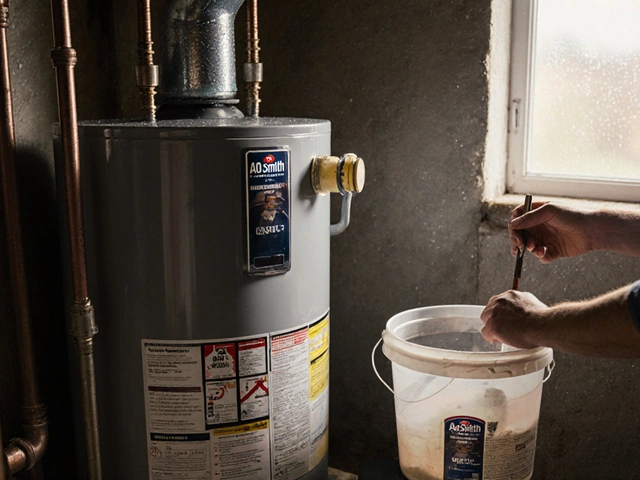
AO Smith, Bradford White, and Rheem are the most durable water heater brands, often lasting 12-15 years with proper maintenance. Learn what really affects lifespan and how to make your heater last longer.